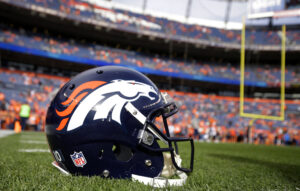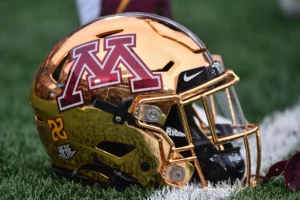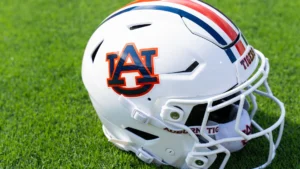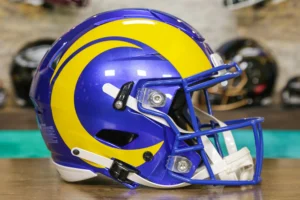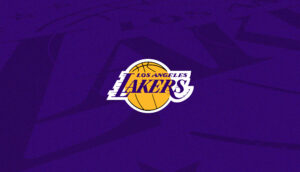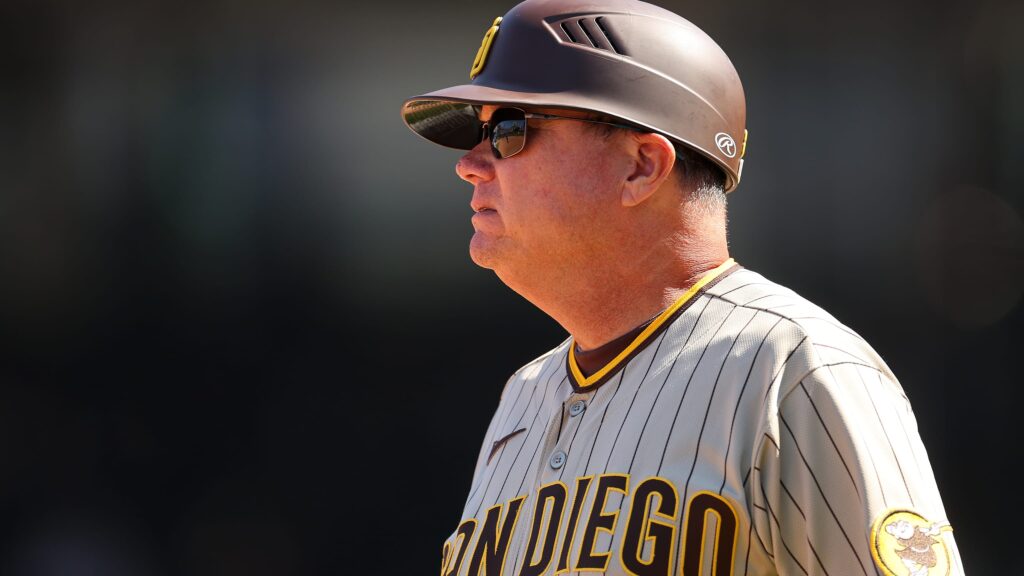
The San Diego Padres seemed to have tied Sunday’s game against the Miami Marlins when shortstop Ha-Seong Kim, with two outs and his team down by one, hit a deep ball to left field. The ball deflected off Marlins left fielder Kyle Stowers and went over the fence, leading the umpires to signal a home run, and the Padres to celebrate what they thought was a game-tying hit.
However, after a review in the replay room, the play was reversed to a ground-rule double, erasing San Diego’s tying run. This left the Padres still trailing, and after catcher Luis Campusano struck out, the team ultimately lost the game.
So, why wasn’t Kim’s hit, which initially seemed to be a home run after bouncing off Stowers and clearing the fence at loanDepot Park, ruled as such?
Former MLB umpire Mike Winters, who served from 1988 to 2019, explained during an appearance on 97.3 The Fan’s postgame show with host Sam Levitt that the umpiring crew made the correct decision to overturn the home run.
We had former MLB umpire Mike Winters call into our Padres Postgame Show to help us understand the ruling on Ha-Seong Kim’s homer that was reversed into a ground-rule double.
A really in-depth explanation of how/why the call was made in the MLB replay room: pic.twitter.com/XPS1aWRwn9
— Sammy Levitt (@SammyLev) August 11, 2024
“I understand it’s confusing, but when the ball hit the wall and started coming back toward the field, by rule, it was no longer in flight,” Winters explained. “Think of it this way—a player can’t catch it at that point. It’s similar to if it had bounced on the ground; once it begins heading back toward the field, it’s no longer in flight.”
“It didn’t hit the top of the wall and continue out. If that had happened, it would have been a home run. But instead, it came back toward the field, hit the left fielder, and was knocked over the fence. So by rule, it’s no longer in flight, and since the fielder knocked it out of the park into the dead area, it becomes a ground-rule double.”
In other words, because the ball hit the fence and was headed back toward the field of play before Stowers accidentally sent it over the fence, the correct call was a ground-rule double.
Padres manager Mike Shildt told reporters after the game that the umpiring crew gave him “no explanation” and described the timing of the play as “tough.”
“The rule is that if the ball hits the wall, then the defender, and goes over the wall, it’s ruled a double,” Shildt said. “I think they made the right call. Whether I agree with the rule or not, it was tough timing.”
